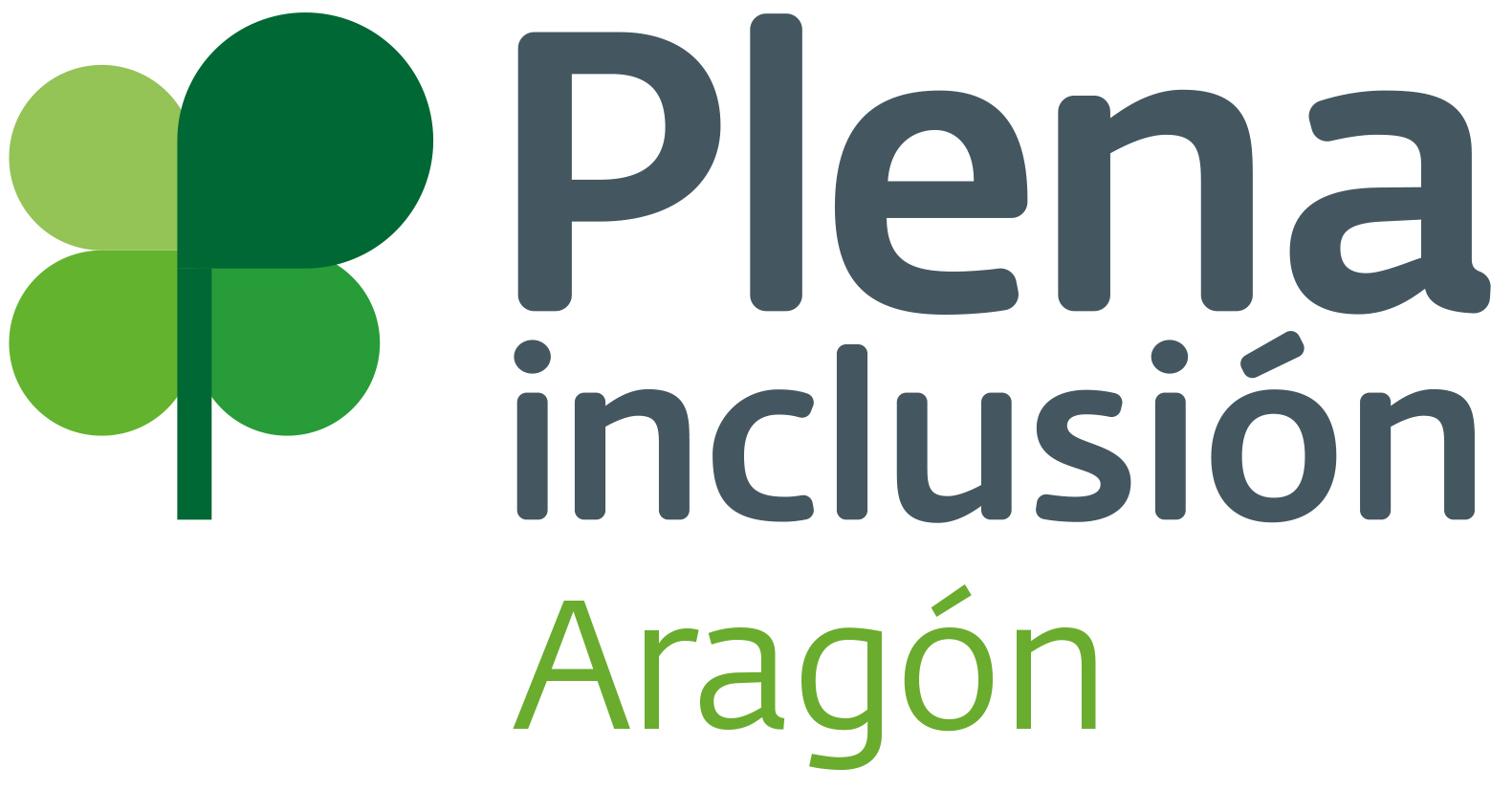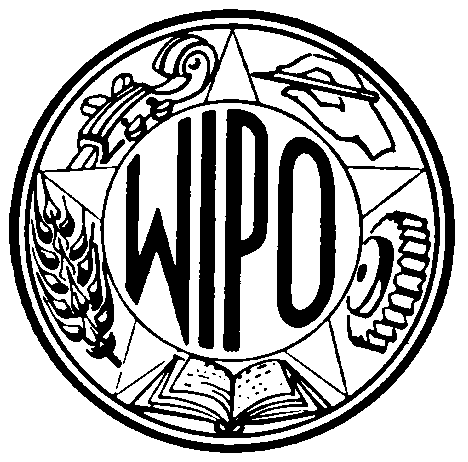LIA231 PAGE 3 WIPO E LIA231 ORIGINAL ENGLISH DATE
LIA231 PAGE 3 WIPO E LIA231 ORIGINAL ENGLISH DATE
LI/A/17/1: Proposals for the Amendment of the Regulations under the Lisbon Agreement
LI/A/23/1
page
|
WIPO |
|
E |
|
WORLD INTELLECTUAL PROPERTY ORGANIZATION |
||
|
GENEVA |
||
special
union for the protection of
appellations of origin and their
international registration
(lisbon union)
ASSEMBLY
Twenty-Third (6th Extraordinary) Session
Geneva, September 22 to 30, 2008
PRePAration oF certain AMENDMENTs to THE REGULATIONS under the Lisbon agreement: establishment of a working group
Document prepared by the International Bureau
1 Among the challenges identified in the WIPO Program and Budget for the 2008/09 biennium in relation to the Lisbon Agreement for the Protection of Appellations of Origin and their International Registration features the possible adaptation of its procedures to new situations and the evolving needs of users and the need to explore the possible introduction of improvements to these procedures (document A/44/2, page 96).
2 Recent experience with the procedures under the Lisbon Agreement and its Regulations has shown that certain amendments to the Regulations would be warranted. In this regard, the International Bureau would like to highlight, in particular, two situations to substantiate the view that improvements are needed.
3 The first situation relates to the submission by a number of Member States of the Lisbon Agreement of declarations of “partial refusal” with respect to an appellation of origin recorded in the International Register, which in fact were intended to be acknowledgements of protection with a limited reservation, based on an obligation to protect in their territory another homonymous appellation of origin related to a similar product. In the case at hand, the homonymous appellation originated in a country not party to the Lisbon Agreement. By submitting a declaration of “partial refusal”, the Lisbon Union Member States aimed to record in the Lisbon Register the actual situation of coexistence of the two homonymous appellations of origin in their territories.
4 As there is currently no procedure in the Lisbon Agreement or its Regulations to specifically address situations concerning homonymous appellations of origin, the International Bureau has recorded such declarations as “partial refusals” in the International Register and published them in the Bulletin, as requested by the Member States that submitted the declarations. Although this solution was found to be consistent with the Lisbon Agreement and its Regulations, the International Bureau is of the view that it would be preferable to include new provisions in the Lisbon Regulations laying down specific procedures for the notification and recording of an acknowledgement or acceptance of protection, in whole or in part, of registered appellations of origin, which would also cater for the case of coexistence of homonymous appellations.
5 The second situation that the International Bureau would like to highlight is related to the time-limit for notifying declarations of refusal. This time-limit starts running, as stipulated in Article 5(3) of the Lisbon Agreement, from the moment the competent authority of a contracting country receives the notification of a new international registration from the International Bureau. Unfortunately, the practice under Article 5(3) has, in several cases, led to different starting-points to compute the refusal period in the various contracting countries notified. Submission of the notification by facsimile has not always proven to be feasible and acknowledgement of receipt of registered mail has sometimes not been received or has been received only after several months. Dispatch by an express mail delivery service has proven to be a solution, but it would appear to be preferable to streamline the procedures through the establishment of an electronic communication system.
6 In this regard, the example of the Madrid and Hague systems may be followed, under which the establishment of electronic communication systems for the purposes of international registration procedures is dealt with in the Administrative Instructions*. This is, however, at present not possible under the Lisbon system to the extent that the Lisbon Regulations do not contain provisions allowing for the establishment of Administrative Instructions.
7 It is therefore submitted that a Working Group could be established by the Assembly to look into the possible amendment of the Regulations under the Lisbon Agreement, as well as the possible content of Administrative Instructions that might be created under them.
8 The Assembly is invited to take note of the present document and decide on the establishment of a Working Group for the preparation of amendments to the Regulations under the Lisbon Agreement.
[End of document]
* See Rule 41 of the Common Regulations under the Madrid Agreement and Protocol and Section 11 of the Administrative Instructions for the Application of the Madrid Agreement and Protocol; and Rule 34 of the Common Regulations under the 1999 Act, the 1960 Act and the 1934 Act of the Hague Agreement and Section 204 of the Administrative Instructions for the Application of the Hague Agreement.
Tags: lia231, original, english
- 3 LIC MA LORENA MURILLO S 23 DE MARZO
- [EXASOL258] ADDING SUBSTRING FUNCTION TO USER MANUAL CREATED 19022009
- UNIVERSIDAD TECNOLÓGICA DE PEREIRA LICITACIÓN PÚBLICA 37 DE 2008
- Lead Worker Identification Form Instructions Please use This Form
- NOMENCLATURA PARA DISCOS Y PARTICIONES EN UNIX LINUX
- ESTO ES UN EJEMPLO DE CÓMO AGREGAR MÚLTIPLES INTERFACES
- SAMPLING DISTRIBUTIONS WE WILL ILLUSTRATE THE CONCEPT OF A
- 6 OSZTÁLY TOLDI TÉMAZÁRÓ FELADATLAP APÁCZAI NEVELÉSI ÉS ÁMK
- UNAMU MADRID VISITÓ LA AGRUPACIÓN DE TRANSPORTES EL PASADO
- PLAN ESTRATÉGICO 2019 2021 PLAN ESTRATÉGICO 2019
- PENGANTAR USAHA TANI 2012 BRAWIJAYA UNIVERSITY MODAL DAN PERALATAN
- SOBRE LA VALIDEZ Y CADUCIDAD DEL PASAPORTE ¿QUÉ PASAPORTE
- RECENTLY RETURNED SUMMER SERIES ELIZABETH S02E08 [START OF
- タガログ語版 アレルギー疾患調査票 SURVEY TUNGKOL SA SAKIT NA ALLERGY 年
- AQDM08 AQDM EQUIVALENT OR BETTER DISPERSION (EBD) SUBMITTAL FORM
- UDZIELANIE PORAD KONSUMENCKICH 1 CO MUSISZ PRZYGOTOWAĆ ? WSZYSTKIE
- PRATARMĖ RUSIŠKAJAM LEIDIMUI PRIEŠ JUS GERBIAMIEJI SKAITYTOJAI ANTROJI —
- UNIVERSITÀ DEGLI STUDI DI ROMA “ TOR VERGATA” FACOLTA
- 9 Z A K O N O ELEKTRONSKOJ TRGOVINI
- REGLAMENTO DE PRÁCTICAS ACADÉMICAS EXTERNAS ARTÍCULO 1OBJETO EL PRESENTE
- REQUEST FOR DISCHARGE OF LEAVE IN ACCORDANCE WITH THE
- 14 COUNCILLOR RESIDENCE POSTAL ADDRESS (ALL CORRESPONDENCE TO) EMAIL
- MINISTERIO DEL INTERIOR DIRECCIÓN GENERAL DE TRÁFICO A NTE
- Análisis y Diseño de Sistemas ii lic Eliza Arizaca
- FACILITY INSPECTION CHECKLIST EXTERIOR AREAS FACILITY NAME DATE OF
- MANA VIETA LAUKSAIMNIECĪBĀ UN LAUKU ATTĪSTĪBĀ ESEJA „LATVIJAS AGRONOMU
- INTEGRATION AND COLLABORATION BETWEEN EIS AND ACADEMIC DEPARTMENTS STATISTICS
- INSTRUCCIÓN CONFORME Á LA CUAL DEBERÁN CELEBRARSE EN LA
- 25 A NEM VAGYONI KÁR MEGTÉRÍTÉSE IRÁNTI KÖVETELÉSEK ELBÍRÁLÁSÁNAK
- PROPERTY SCHILL SPRING 1997 INTRODUCTION EFFICIENCY THEORIES
CONCURSOS GIPUZKOA 1 PROYECTO SUMINISTRO DE MATERIALES ELÉCTRICOS EN
PATVIRTINTA LIETUVOS STUDENTŲ SĄJUNGOS TARYBOJE 2005 M LIEPOS 12
SREBENICA ENTREVISTA A FÁTIMA HUSEJNOVIC PROMOTORA DE LA
勞 REENTRY HIRING 直接聘僱專用 動契約 看護工 PERJANJIAN KERJA ANTARA
3 IZREDNA SEJA OBČINSKEGA SVETA OBČINE IG DNE 2512007
 11M EL GOBIERNO DEL PP MONTÓ UNA OPERACIÓN ESPECIAL
11M EL GOBIERNO DEL PP MONTÓ UNA OPERACIÓN ESPECIALTHIS VERSION IS FOR THE VISUALLY IMPAIRED – TO
 HEAD AND SHOULDERS HEAD AND SHOULDERS ELBOWS AND KNEES
HEAD AND SHOULDERS HEAD AND SHOULDERS ELBOWS AND KNEES C ARTA DELLE CITTÀ EUROPEE PER UNO SVILUPPO DUREVOLE
C ARTA DELLE CITTÀ EUROPEE PER UNO SVILUPPO DUREVOLE 06112014 R INFORMACJA PRASOWA DARMOWE PARKOWANIE W CENTRUM POZNANIA!
06112014 R INFORMACJA PRASOWA DARMOWE PARKOWANIE W CENTRUM POZNANIA! UNIVERSIDAD POPULAR AUTÓNOMA DEL ESTADO DE PUEBLA DEPARTAMENTO INGEMNIERÍA
UNIVERSIDAD POPULAR AUTÓNOMA DEL ESTADO DE PUEBLA DEPARTAMENTO INGEMNIERÍA CONECTOR RECTO DE FLECHA 5 SE PUBLICA EN ESPAÑA
CONECTOR RECTO DE FLECHA 5 SE PUBLICA EN ESPAÑA OBRAZAC 1 TREĆI NATJEČAJ ZA MOBILNOST STUDENATA U SVRHU
OBRAZAC 1 TREĆI NATJEČAJ ZA MOBILNOST STUDENATA U SVRHUUCHWAŁA RADY WYDZIAŁU TEOLOGICZNEGO UKSW Z DNIA
INTERESNE DEJAVNOSTI ZA ŠOL LETO 201415 ŠT IME DEJAVNOSTI
DATOS PERSONALES NOMBRE RICARDO GUZMÁN OLACHEA LUGAR Y
URZĄD GMINY BIAŁE BŁOTA UL SZUBIŃSKA 7 86005 BIAŁE
PROSPECTUS FOR SHORTTERM CLIMATE SIMULATIONS USING THE CCSM PETER
NACRT TEMELJEM ČLANKA 15 STAVAK 1) TOČKA B) I
POVJERENSTVO GRADA SLAVONSKOG BRODA ZA PROVOĐENJE I PRIPREMU POSTUPKA
